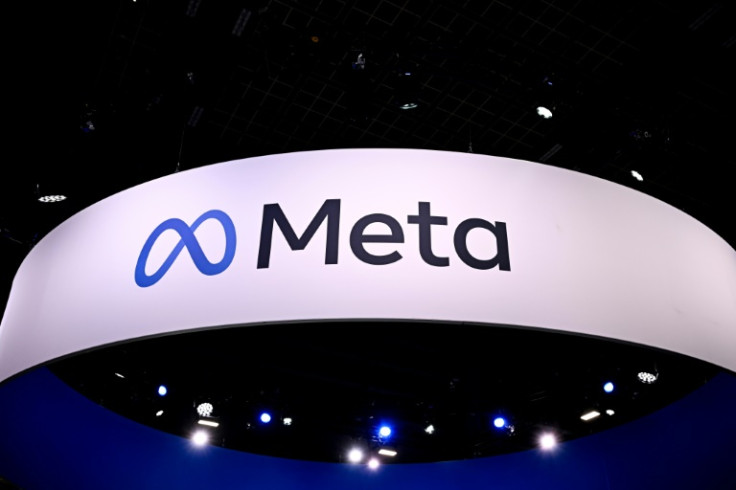Meta To Train AI Models On European Users' Public Data

Meta will train its artificial intelligence (AI) models with its European users' public content and conversations with the Meta AI chatbot, the firm said on Monday.
The decision represents a major volte-face from the Facebook and Instagram owner, which has previously appeared wary of the European Union's stringent regulations on the use of personal data.
People based in the EU who use Meta platforms can opt out of having their data used for generative AI training purposes, the social networking giant said.
That means everything from Instagram photo captions to Facebook comments could soon be fair game for Meta AI, which the Mark Zuckerberg-owned company hopes will overtake market-leader ChatGPT.
"This training will better support millions of people and businesses in Europe, by teaching our generative AI models to better understand and reflect their cultures, languages and history," the firm said in a statement.
WhatsApp messenger will for the time being not be affected by the changes.
The changes would not apply to the accounts of users under 18, nor to private messages of users to family and friends, the tech giant added on social media.
Of the opt-out form, Meta said it had made it "easy to find, read, and use" and would honour all objections already or yet to be made.
Though AI has revolutionary potential, critics point to its inherent ethical pitfalls, ability to wreak destructive upheaval, and the energy-guzzling technology's potential contribution to climate change.
When Meta AI first launched in the EU in late March, the tech giant was at pains to point out that the chatbot was not trained on data from European users.
Its rollout on the continent was delayed by more than a year as a result of overlapping European regulations on emerging technologies, including user data, AI and digital markets.
In Monday's announcement Meta insisted the move was not unique in Europe, arguing it was following the example set by Google and ChatGPT maker OpenAI.
Meta AI was first unveiled for the United States in September 2023, then rolled out across all the group's applications in April 2024.
Although image generation is available in the US, in the EU the generative AI tool will craft text-only responses to users' questions. Meta AI can also draw on web search for its answers.
Developing "large language models" (LLMs) like Meta AI requires vast reserves of data, which is heavily regulated in the European Union where it relates to individual users.
As for other Silicon Valley giants, AI is an overriding priority for Meta.
The group plans to invest $60-65 billion this year, with much of the cash going into data centres, servers and network infrastructure necessary to develop AI models.
At present Meta claims around 700 million monthly active users for its AI assistant -- still somewhat shy of the one billion Zuckerberg has said was needed to secure "a durable long-term advantage".
© Copyright AFP 2024. All rights reserved.





















